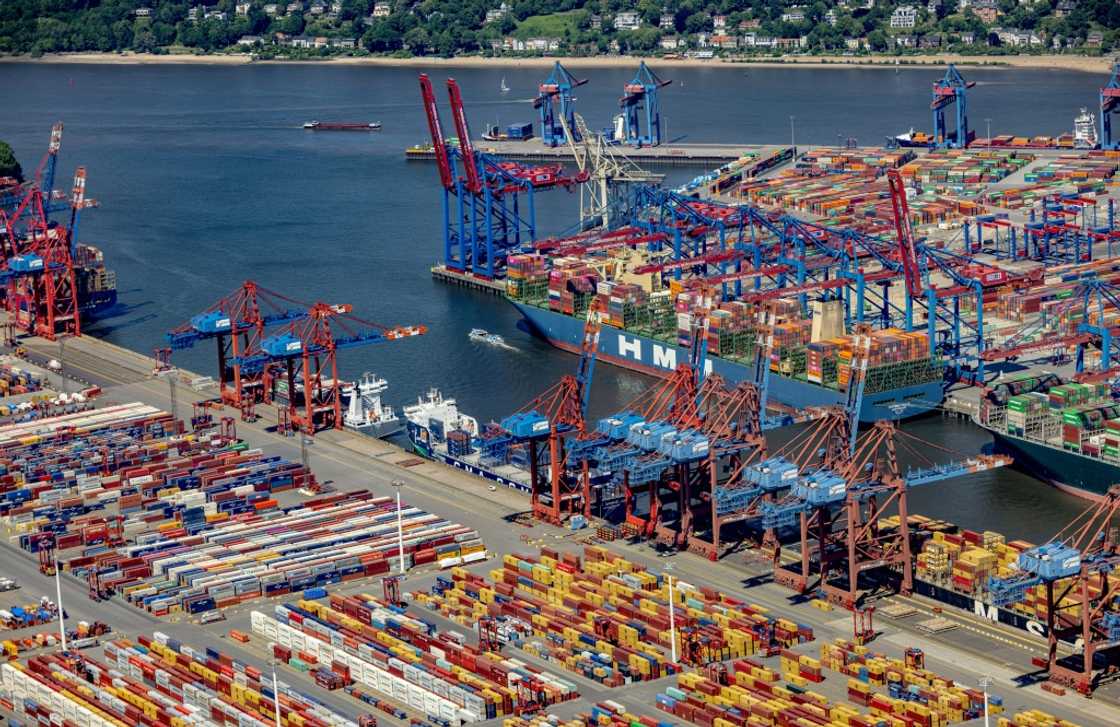As the world grapples with the aftermath of geopolitical tensions and economic instability, Germany finds itself at a crossroads. The nation, known for its robust economy, is experiencing a downturn characterized by weak domestic and foreign demand, high interest rates, and rising energy costs. These factors have significantly impacted the German economy, leading to concerns about its future trajectory. In this article, we will delve into the underlying causes of these challenges, the potential solutions, and the outlook for 2025.
One of the main issues facing Germany today is the combination of external and internal pressures that have squeezed economic growth. The ongoing conflict in Ukraine has disrupted supply chains and increased energy prices, while high interest rates have made borrowing more expensive for both consumers and businesses. As a result, many Germans are feeling the pinch, leading to reduced consumer spending and investment. The question remains: how can Germany navigate these turbulent waters and emerge stronger on the other side?
In exploring these issues, we will analyze various economic indicators, government responses, and expert opinions to provide a comprehensive understanding of the current situation. As we look towards 2025, there is a glimmer of hope that with the right policies and strategic planning, Germany can stabilize its economy and foster a more resilient future.

Source: AFP
What You Will Learn
- Insight into the current economic challenges facing Germany
- Understanding the impact of geopolitical tensions on the economy
- Analysis of government responses to economic pressures
- Future outlook for the German economy leading up to 2025
Nigerian Student's Journey: From Zoology To Medical Dreams
Judy Austin's Pregnancy Announcement Sparks Controversy: A Closer Look
Chidinma Okeke: The Return Of Ex-Miss Anambra's Official Car


